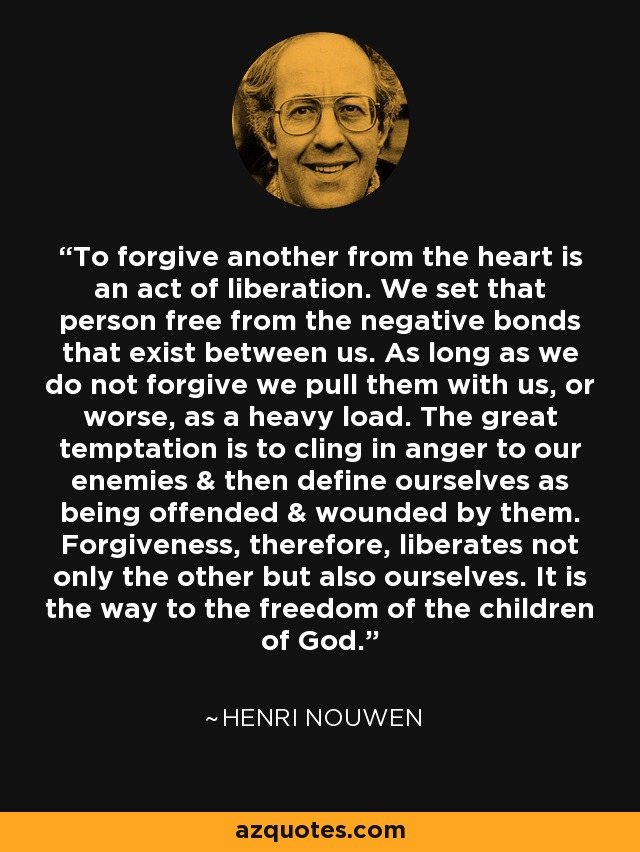I’m sorry: what is the point?
This involves releasing the pain.
- If something does a lot of damage.
- It means that the person who hurt us is important or that the fact itself has affected rigid principles in us.
- Which makes them tremble.
There are many occasions when we hear someone say, “I don’t allow you to say or do certain things,” as if the fact that you didn’t want this to happen could prevent it from happening. This is curious because, moreover, this phrase is often used once the aggravating factor has already occurred.
Forgiveness is useful, it should never be understood as an act of vulnerability to the other, but of flexibility towards oneself, emotions and priorities. The grudge binds us to the past, does not allow us to move forward and binds us to pain, with such force that, therefore, we let life pass without participating.
Some people cling to this discomfort that leads them to remember what happened so as not to re-hook emotionally with others, as if this shield could serve positively, however, this defense only creates a wall between them and their opportunities. with this option, you are left alone with your grudge and pain, oblivious to the world and all the good it has.
When I meet people who have this problem, the image of a bricklayer building a wall, placing brick on brick, automatically comes to mind every time the opportunity arises to meet someone who thinks they can hurt them again.
They become experts in the art of laying bricks, both of which build wall to wall, transforming their “comfort zone” into something less and less, agonizing and lonely.
It is this effort, its effectiveness, a pity so much energy to avoid suffering and everything in vain, because this wall will never stop the emotions of being within you, in fact, the feeling you feel is that you are bound by a spiral of anxiety. that takes you away from the present and from a better future. The past is what counts and sadness reigns.
Leaving aside the consequences of living on the basis of pain, let us return to forgiveness, a very common mistake is to assume that the person who caused the damage must bear his guilt as long as I remember he hurt me. , which we also find in our popular culture, “forgive but do not forget”.
Where does the pain come from?
? How important this person is to me.
? What that person did.
? The other side between what really happened and what I would have liked.
We only have the present in our hands to act, so we must ask ourselves these questions to understand where so much sadness arises, so that we can choose the practical path, fight for our own interests, not place bricks that stand between what we want and what we want. What do we have.
Forgiveness means acting on what we want to accomplish for ourselves, not about what the other person has done or should feel.
If this were easy, you certainly wouldn’t need to read this article, so it’s about prioritizing what you want to promote with each of your actions.
Assess whether what you’re doing is walking away or approaching a worthwhile life and expanding or reducing your comfort zone.
All to be able to act no matter what you feel now, to be brave to continue. If life and time run their course, let yourself lead the way.

